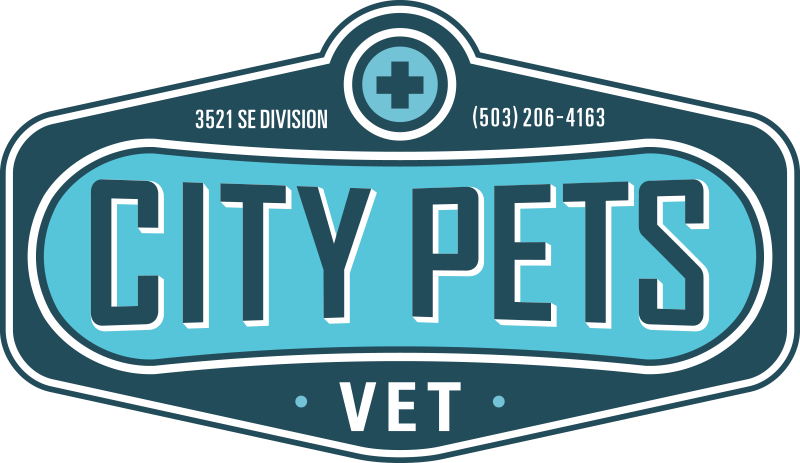Your Loving Vet In Portland, OR
Veterinary Services in Portland, OR
At City Pets Vet, you can trust that your pets are in great hands. Our caring, skillful veterinary staff strive to provide complete care for our patients.
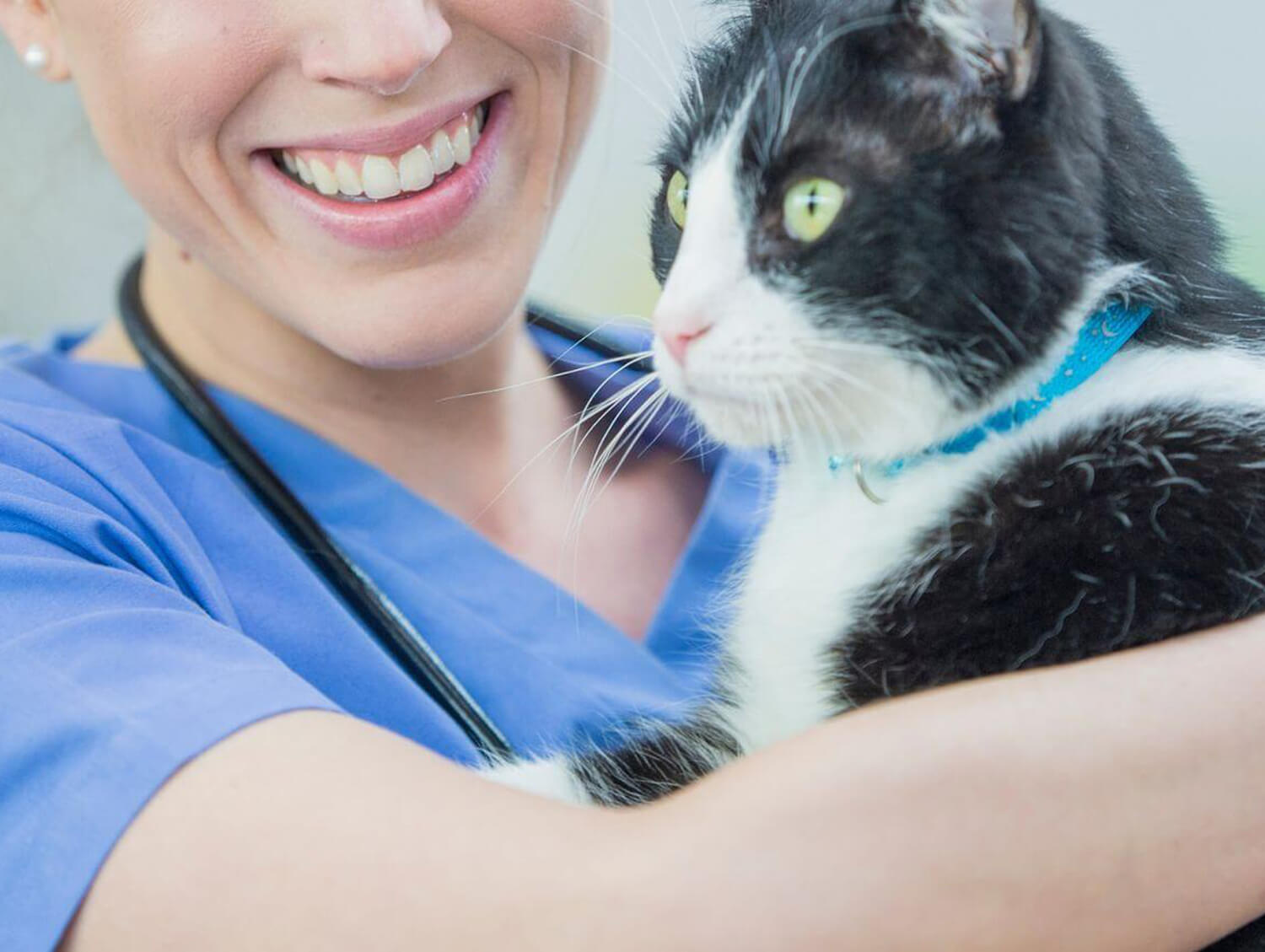
Our Services
Veterinary Services at City Pets Vet
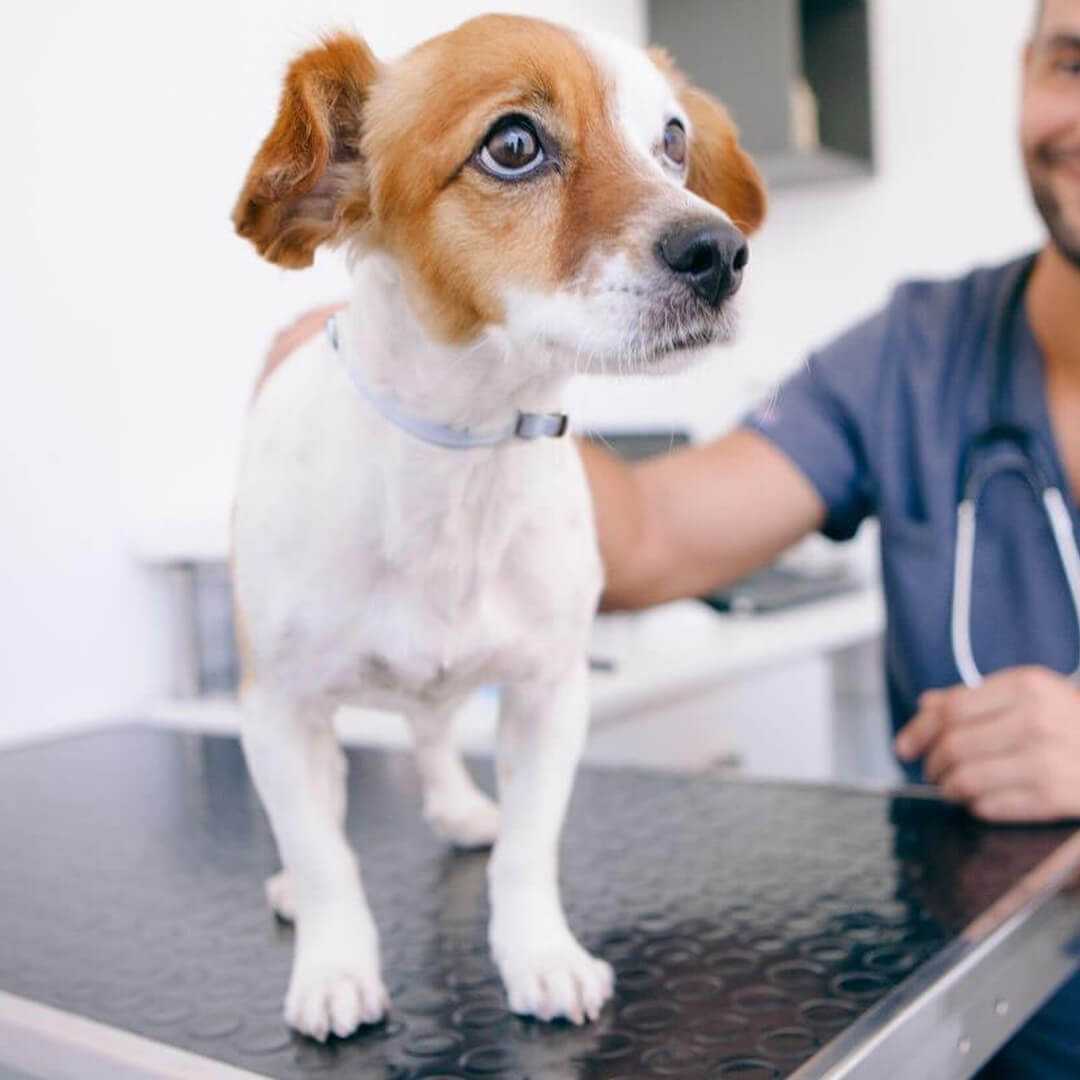
Pet Wellness Care
Wellness care includes the services that help our pets stay healthy. A thorough physical examination, appropriate vaccinations, parasite control, dietary supplements, and nutritional and behavioral counseling help pets live longer and enjoy a better quality of life.
For puppies and kittens, our primary concerns are looking for congenital problems, detecting and treating parasites (almost all puppies and kittens are born with worms), and preventing infectious diseases. We will also help with diet choice, amount and schedule of feeding, housebreaking, and other behavioral issues.
For adult dogs and cats, an exam will aid in detecting problems before they develop into serious and expensive diseases or conditions. We can also screen for glaucoma in breeds with a genetic predisposition.
For mature pets, an exam will help detect some chronic problems that may develop with age including arthritis, cancer, kidney disease, heart problems, or dental disease.
Regular vaccinations prevent infectious disease, protecting your pet and in some cases, human family members as well. Vaccines are recommended based on your pet’s lifestyle and are especially important for puppies and kittens.
Screening tests can detect problems that are not apparent by physical exams alone. Early detection and treatment can help prevent more serious illnesses from developing, and help us manage ongoing health problems for longer life.
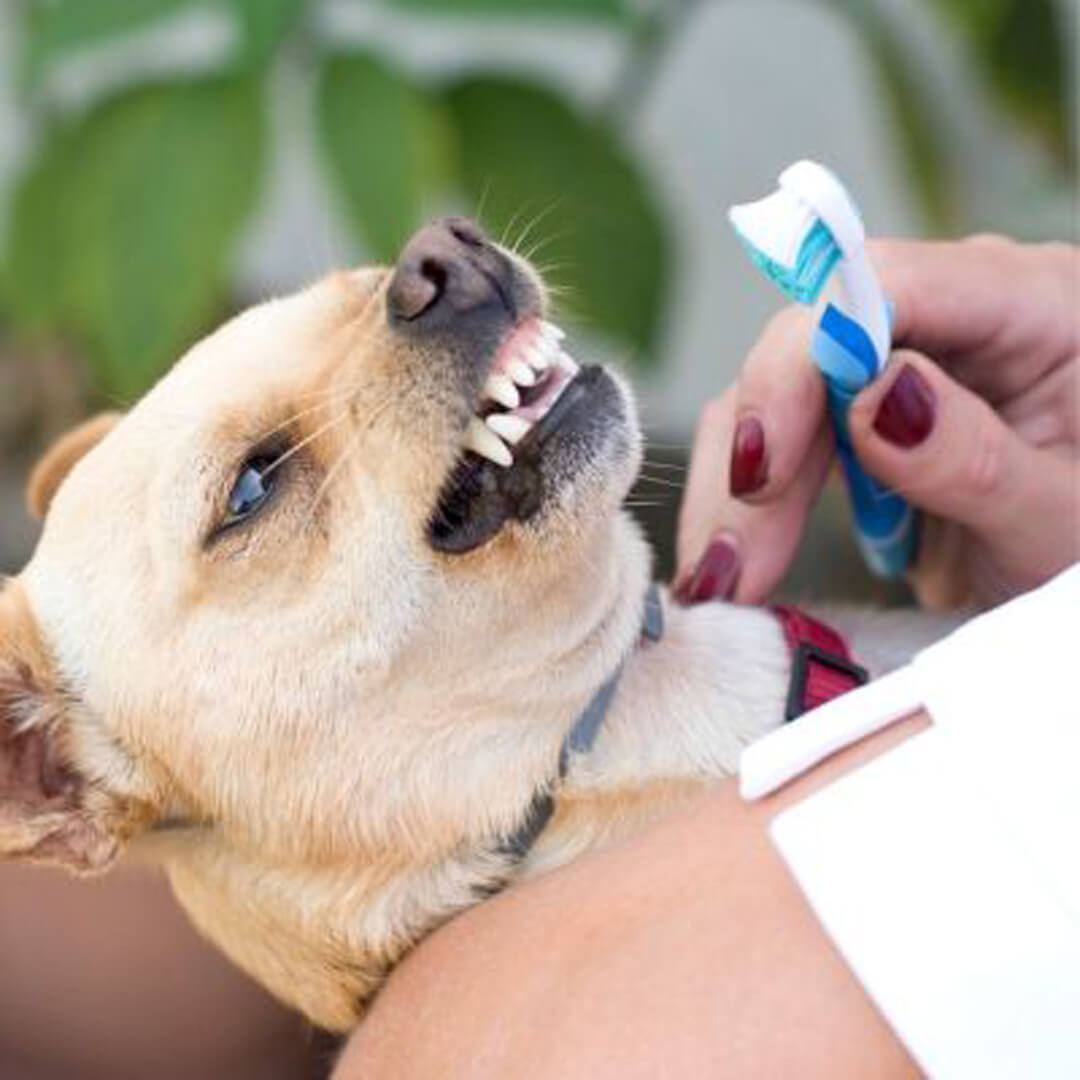
Pet Dentistry
The first step in our approach to dental cleanings is a pre-anesthetic blood screen. A small blood sample is taken a few days prior to the appointment to make sure the pet is ready for anesthesia. On the day of the cleaning, we place an IV catheter so that supportive fluids can be administered during the procedure. This greatly enhances the safety of anesthesia. We also monitor ECG, blood pressure, end-tidal CO2, oxygenation level, and body temperature continuously. A full oral exam is conducted once the pet is under anesthesia, including measuring gingival margins. X-rays are taken so that we can deal with all problems present, even those that are under the gumline. The teeth are scaled and polished, and then a fluoride treatment is applied.
Our Dental Package includes:
- Pre-anesthetic physical exam
- IV catheter and fluids
- Preanesthetic sedation, propofol induction, and sevoflurane anesthesia
- Anesthetic monitoring: blood pressure, ECG, end-tidal CO2, oxygenation level, and body temperature
- Bair hugger patient warming system to maintain body temperature
- Full mouth digital dental X-rays
- Oral exam, dental scaling, polishing, and fluoride application
Treatments such as extractions and medications are additional. We can estimate these costs at the time of the pets office visit.
Pet Teeth Cleanings & Exams
A dental examination for your pet should be done at least once a year. Dogs and cats who are more prone to dental problems may require more frequent visits.
Dental health concerns in cats and dogs can be assessed, diagnosed, and treated at City Pets Vet.
Symptoms
If you notice any of the following symptoms in your pet, it’s time for a dental checkup.
- Tartar buildup
- Loose and/or broken teeth
- Extra teeth or retained baby teeth
- Bleeding from the mouth
- Bad breath
- Pain or swelling in or around the mouth
- Reduced appetite or refusal to eat
- Abnormal chewing, drooling or dropping food from the mouth
- Discolored teeth
Assessment
Before the dental exam, your pet will get a full pre-anesthetic physical examination.
We’ll obtain blood and urine samples to make sure the anesthetic is safe for your pet. Additional tests, such as chest radiography or an ECG, may be performed.
We will perform a complete oral examination (tooth by tooth), charting, and full mouth digital dental x-rays once your pet is anesthetized.
Treatment
After that, x-rays are obtained and the teeth are cleaned and polished (even under the gum line). The fluoride treatment is then applied to each tooth.
To prevent plaque from adhering to the enamel, the final step is to apply a dental sealant. If extensive periodontal disease is discovered, the veterinarian will establish and discuss a treatment plan with you.
Prevention
For our oral surgery patients, a complimentary follow-up examination will be performed two weeks after the initial diagnostic and treatment session.
During routine clinic appointments, we’ll talk about how to brush your pet’s teeth at home. We can also make recommendations for things that will aid your pet’s oral health.

Pet Surgery
A thorough history and physical examination are the foundation of our approach to diagnosing illness. Diagnostics are thoughtfully chosen to enhance our understanding of the disease process and for monitoring ongoing medical conditions.
We take a similarly focused approach to surgical care. We use presurgical bloodwork to assess our patient’s ability to handle anesthesia and to guide us in our choice of sedation and anesthetic agents. Pets are monitored carefully throughout the procedure and in recovery. Clients are kept notified of the pet’s condition and provided with detailed information for post-op care and follow-up.
Spay & Neuter
The surgical sterilization of an animal under general anesthesia is referred to as spaying or neutering.
Female animals are spayed, which is a surgical treatment. Spaying, also known as an ovariohysterectomy, is the surgical removal of a woman’s reproductive organs.
Neutering, also known as orchiectomy, is a procedure that removes the testicles from male pets and is considered a less invasive procedure than spaying. In some situations, the phrase ‘neutering’ can also apply to the desexing or ‘fixing’ of any gender.
The Advantages of Cat Neutering or Spaying
There are six major advantages of neutering or spaying your cat:
1. It discourages bad habits such as spraying to mark territory.
2. Cats who have been neutered are less prone to wander away from home.
3. It’s possible that your cat will become more affectionate.
4. It lowers your cat’s chances of developing some ailments.
5. In female cats, it reduces the chance of uterine infection.
6. It has the potential to reduce the risk of mammary (breast) cancer.
The Advantages of Dog Neutering or Spaying
Spaying or neutering your dog has five major advantages:
1. It lowers the chances of prostate cancer and other cancers.
2. It eliminates the need for spraying and marking.
3. It helps to keep the dog’s mood in check.
4. It suppresses the desire to mate.
5. It has the potential to diminish sexualized behavior.
6. Aggressive and domineering tendencies are reduced.
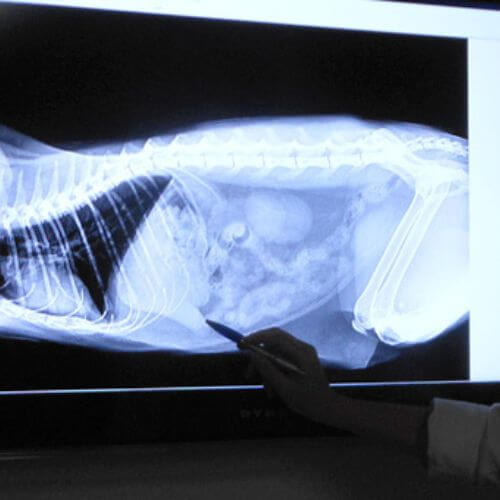
Pet Diagnostics
We can provide more urgent treatment alternatives with our diagnostic imaging skills to help your pet feel better, sooner.
Radiography (Digital X-rays)
We can inspect your pet’s internal systems with a radiograph (digital x-ray) to reveal information that isn’t visible from the outside.
Radiography is a painless, non-invasive procedure. It only employs very low radiation doses. Because the amount of radiation necessary for radiography is so low, even pregnant women and young pets can have this treatment done.
Broken bones, persistent arthritis, bladder stones, spinal cord illnesses, and certain malignancies can all be diagnosed with radiographs.
Dental Digital Radiographs
Dental radiographs are necessary for detecting tooth health. Because pets can’t tell us if a tooth hurts, cleaning their teeth without x-rays can lead to missed opportunities to detect disease and treat it appropriately, enhancing their quality of life.
Electrocardiogram
The recording of electrical impulses made by the heart is known as an EKG (or ECG, electrocardiogram). The EKG can be used to diagnose a variety of heart illnesses and dysfunctions.
Allergy Testing
Allergies affect a large number of pets. We present a method for precisely identifying troublesome allergens as well as a method for starting immunotherapy treatment, which is safe, natural, and an excellent alternative for long-term allergy symptom control.
